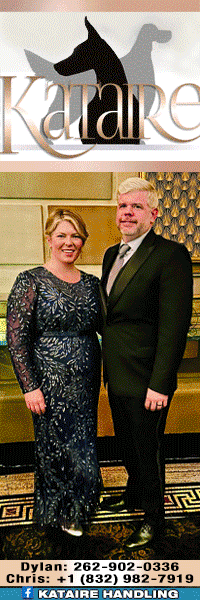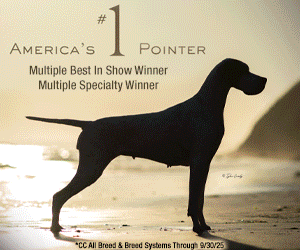Pet Food Debacles

By Lisa Dube Forman
Here we are with yet more dog food recalls. Will they ever end and what’s fueling these recalls?
“The Business of Pet Food” is the slogan for the Association of American Feed Control Officials (AAFCO). Indeed, it is a $20.46 billion dollar industry according to the 2012 American Pet Products National Pet Owners Survey. This is a very attractive business venture to make money. I am not denying a business entrepreneur the right to make money as this is the United States of America and we are the role model for capitalism, but to what end?
Salmonella bacteria, antibiotic residues adulterating food, Aflatoxin — a toxic compound commonly found in contaminated corn, pieces of blue or clear plastic present in some bags of food, mold, moisture contamination, unusual odors, contaminated wheat and corn gluten, contaminated rice protein, and melamine are just a number of the recent reasons for pet food recalls. Sadly, many or all resulting in serious illness or death.

Pet food manufacturers have been self-regulating for decades. AAFCO establishes the nutritional standards for complete and balanced pet foods, however they state it is the pet food company’s responsibility to formulate their products according to the appropriate AAFCO standard. This organization reiterates repeatedly that AAFCO does not regulate, test, approve or certify pet foods in any process pointing out instead, enforcement of violations is the purview of the state feed control officials, so companies must comply with each state’s requirements. While most states follow AAFCO model regulations, exact language and interpretation may differ between states. While their documents offer guidance that are helpful in the vast majority of states, it is the responsibility of the pet food manufacturer to ensure compliance with individual state requirements.
As for content AAFCO states that ingredients must be listed in order of predominance by weight, on an “as formulated basis.” The ingredient that makes up the highest percentage of the total weight as it goes into the product is listed first. The ingredients used must be GRAS (“Generally Recognized As Safe), approved food additives, or otherwise sanctioned for use in animal feeds. Intriguingly though according to a Department of Agriculture presentation titled, “Who Regulates Feed in the U.S.?”, approved feed ingredients are basically any ingredient in which the intended use is to provide nutritive value; aroma and/or taste.
The latter statement certainly does not inspire confidence as I note the words, “…basically any…” There is simply not enough room to write an article here on the subject of dog food as this is a contentious topic with countless, differing opinions. There are as many opinions about feeding as there are dog food manufacturers these days, hence the variety in feed brands and ingredients.
As for oversight, how can we expect that our state’s agriculture department officials are going to maintain safety measures for pet foods for our beloved dogs when state agencies along with the Federal Drug Administration (FDA) have failed, devastatingly so, in their oversight of human Compounding Pharmacies such as the one in Massachusetts. As Boston.com reported, this facility was blamed for the fatal outbreak of fungal meningitis last year with tainted steroids that were linked to meningitis and other infections that sickened nearly 700 people across the country and has been blamed for 45 deaths. Further, according to Boston.com, surprise state inspections at 37 specialty pharmacies in Massachusetts show that only four have been fully complying with industry safety standards, a finding that underscores concerns about the risk of drug contamination. All 37 specialty pharmacies are similar to the Framingham compounding pharmacy in which serious violations of state pharmacy regulations were found in 11 compounders, prompting the state to temporarily shut down all or part of their operations, while 21 others were cited for more minor violations. One such specialty compounding pharmacy surrendered its license in October 2012 after inspectors found “significant issues” in the clean rooms where sterile injectable drugs were prepared.

It is shameful that the highly profitable pet food industry, with little to no regulation, can bring ruin and heartbreak to a longstanding breeding program in what seems to be an instant. All the while our dearly loved companions, who blindly love and trust us humans, wait for their next meal.
Short URL: http://caninechronicle.com/?p=17415
Comments are closed











